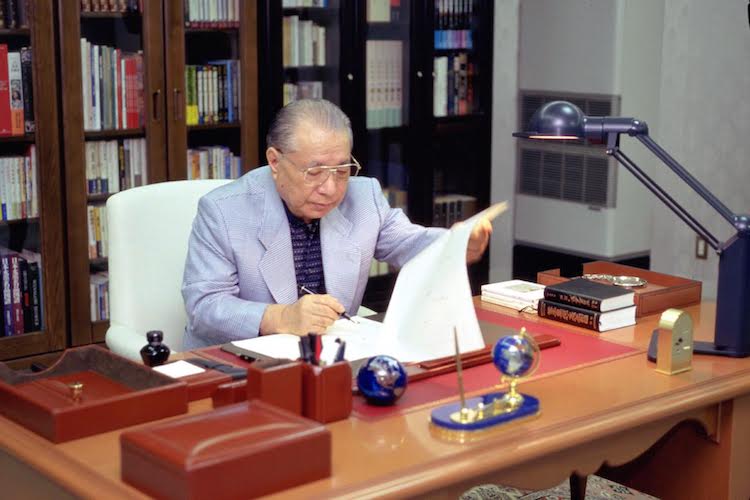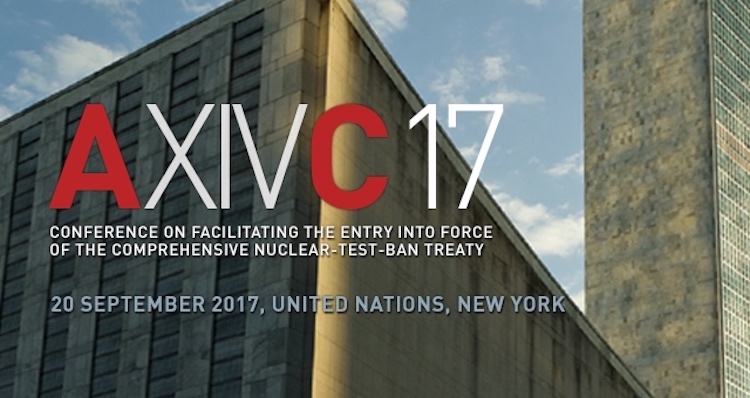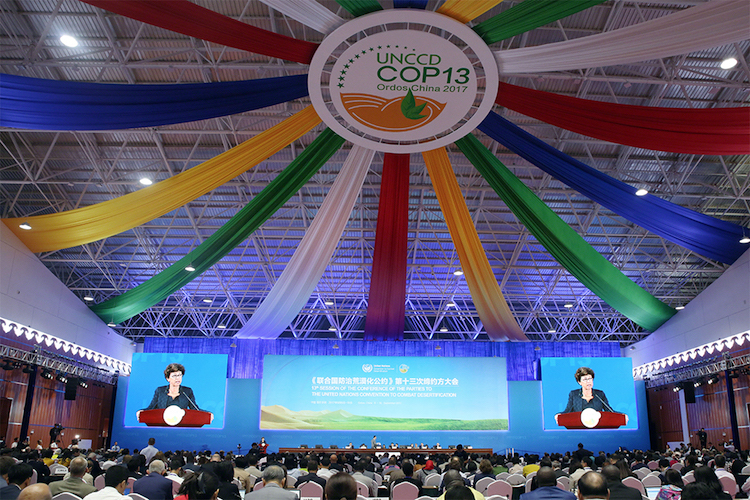By Dr. Daisaku Ikeda, President, Soka Gakkai International (SGI)
TOKYO (IDN) – The Treaty on the Prohibition of Nuclear Weapons, adopted this past July at the United Nations, will soon be opened for signature. The negotiations that produced this Treaty saw the participation of nearly two-thirds of all UN member states, and it is deeply moving to witness the first concrete steps toward the Treaty’s entry into force. I earnestly hope that the initial 122 countries that supported its adoption will be joined by other states becoming signatories to the Treaty, so that it can become international law as quickly as possible.
The quest for a world without nuclear weapons was the focus of the first UN General Assembly Resolution adopted in January 1946, soon after the birth of the United Nations. In the more than seven decades since, nuclear disarmament has been the subject of repeated resolutions.




